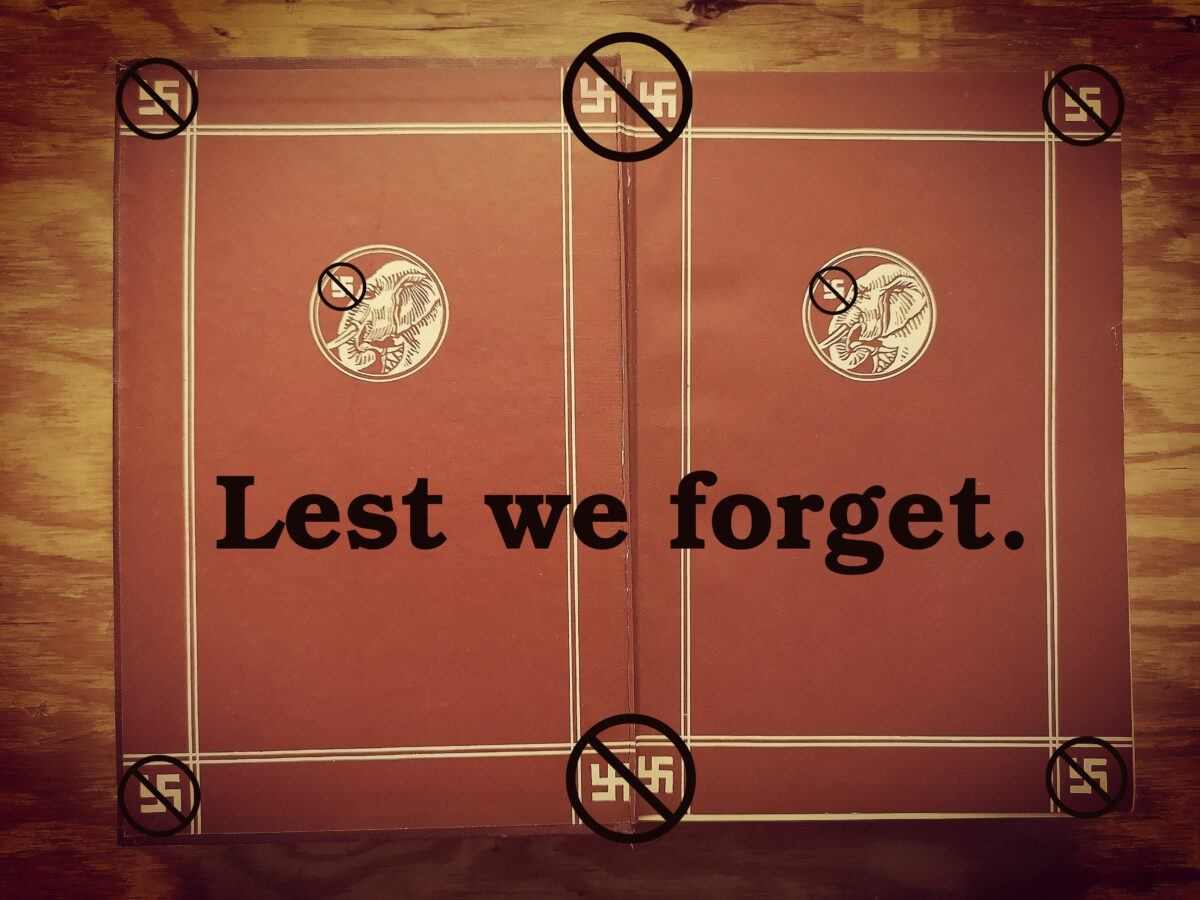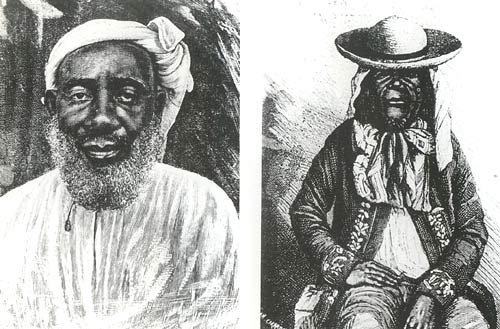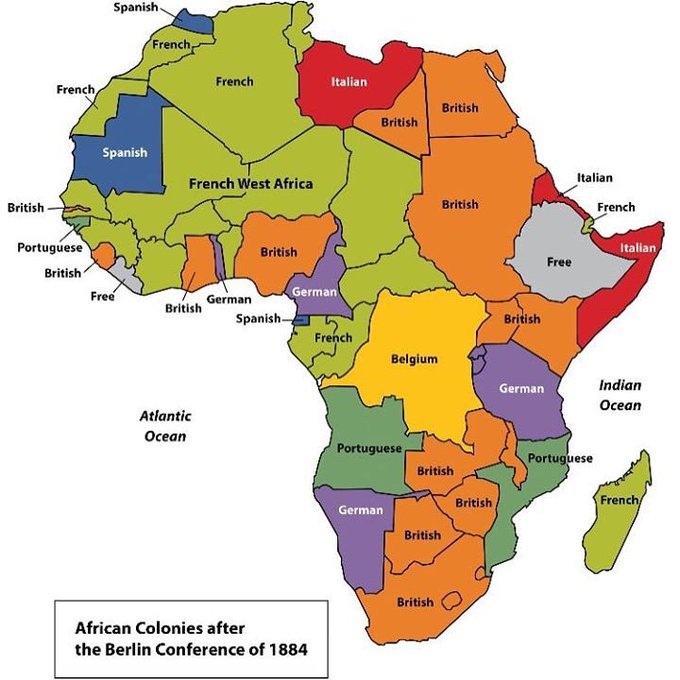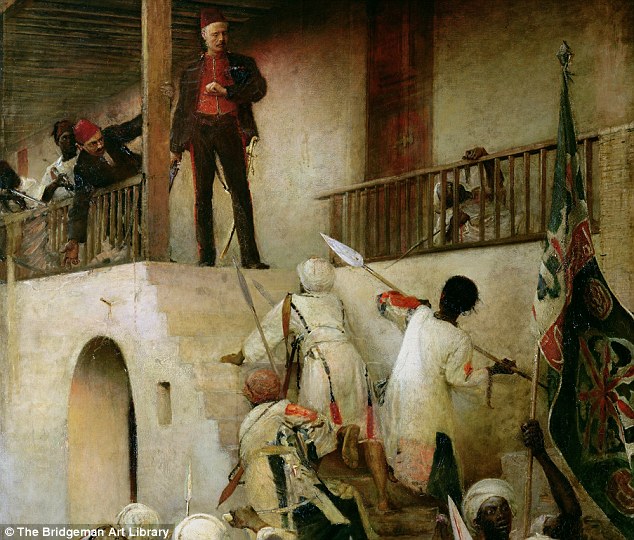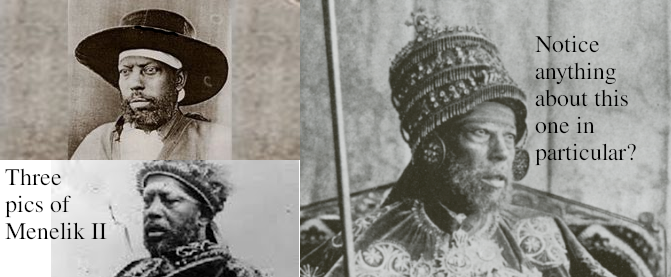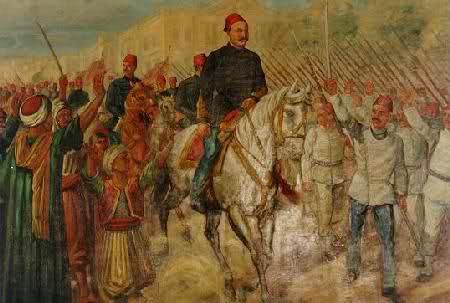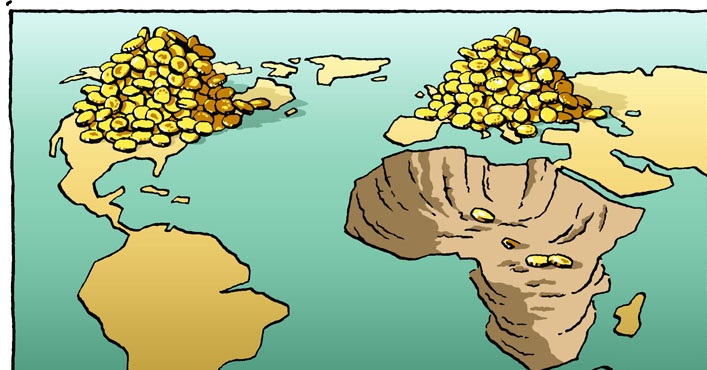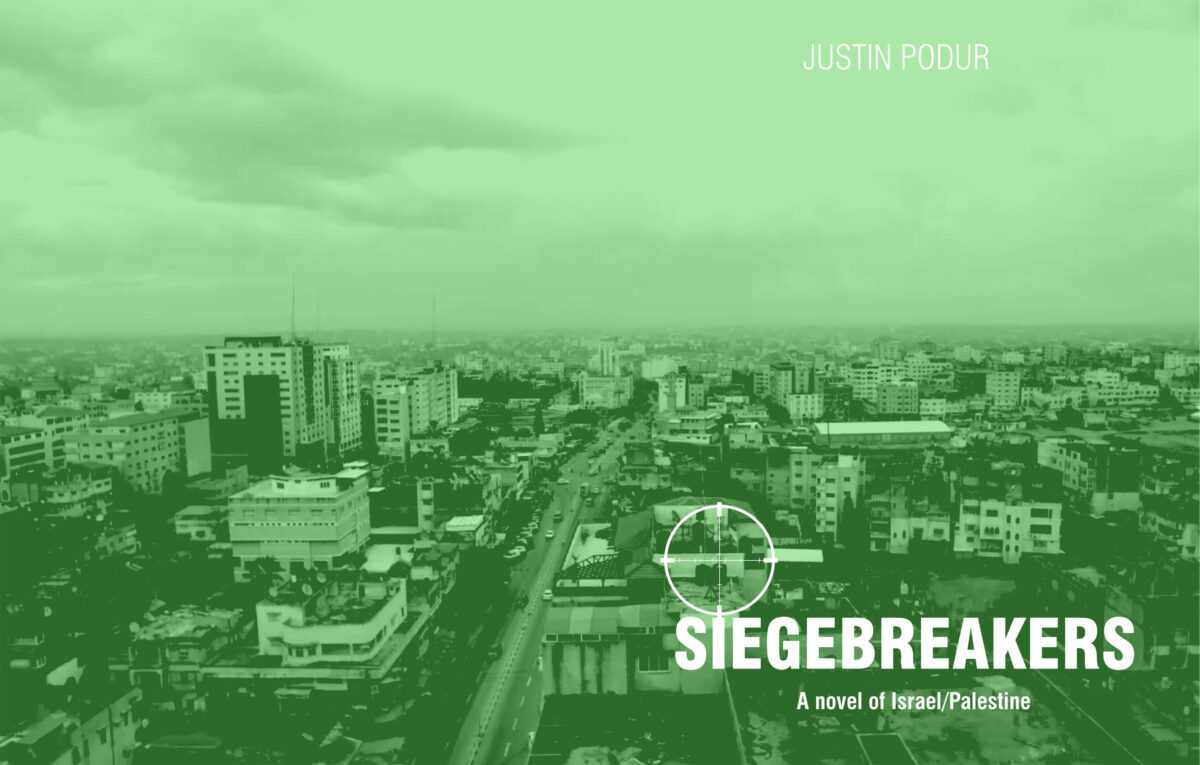Episode 1 of Dan Freeman Maloy’s series Lin3r Notes. Frequent guest and collaborator Dan Freeman-Maloy (@lin3rnotes on twitter) has a new substack, “Check the Liner Notes” (https://freemanmaloy.substack.com/), and will be podcasting on related topics here on AEP. This episode is about the Canadian / British imperial WWI commemoration, Remembrance Day, and some of the literary objects around it: the poem, In Flanders Fields, the various versions of O Canada, and of course the phrase Lest We Forget, penned by the racist writer Rudyard Kipling. Dan’s newsletter and podcasts will be unraveling how British imperial racists used language – from deception disguised as “plain-speaking”, to co-optation of compassion towards in-group morality, and everything else – to fulfill their objective of, well, world domination. Having taught racism for so long, is a redirection against racism possible for our education system?
Category: Anti-Empire Project Podcast
The Anti-Empire Project podcast (formerly the Ossington Circle)
Scramble for Africa 8: Belgium Steals Congo
This one is about the precolonial African powers in the Congo – Zanzibar’s representative Tippu Tip, Msiri of Katanga, and a few others (but mainly these two). We talk about their rise in the context of growing European power, and their eventual fall to Belgium – although as you’ll see it wasn’t exactly Belgium, but Leopold II and his British and German allies that made the theft of Congo possible. Another key piece – the centre of the board – falls in the Scramble for Africa.
Scramble for Africa 7: The Continent Carved Up at the Berlin Conference 1884
After six episodes of preparation we are ready to talk about the famous Berlin Conference of 1884 where Africa was actually carved up. Along the way you meet some of the most legendary villains – Stanley and Leopold (though you still haven’t met Rhodes), also Livingstone and Brazza. We end in Berlin itself and at the Berlin Conference 1884.
Scramble for Africa 6: Sudan – the fall of Gordon and the rise and fall of the Mahdi
The British imperialists take Sudan. First, they send Gordon, acting in the name of the Khedive of Egypt. That doesn’t go so well. The next expedition culminates in the brutal battle of Omdurman in 1898, the quintessential colonial military mismatch and the demonstration for the colonial use of the machine gun. We tell Gordon’s story in detail, and tell the story of the Mahdi and his successor the Khalifa, also in some detail, trying to get at least a little bit beyond what his British enemies (and captives) said about him.
Scramble for Africa 5: How Menelik Kept Ethiopia Independent at the Battle of Adwa, 1896
Fifth instalment in our Scramble for Africa series is the story of Abyssinia (aka Ethiopia), which managed to maintain its independence during the Scramble for Africa despite all the efforts of the would-be Italian colonizers (who would be back in the 20th century, but not during the Scramble). We focus on the rulers of Abyssinia but we get into the colonizer’s intrigues too, concluding with the decisive battle of Adwa, at which an African victory threw off European racial science so badly that Europe had to “whiten” the Ethiopian King Menelik II and the Ethiopians in their race theories.
Scramble for Africa 4: Britain Takes Egypt with Finance (and War), 1882
In 1882 at the battle of Tel el Kabir, Garnet Wolesley (who had suppressed the Riel Resistance in 1870) defeated the Egyptian nationalists led by al-Arabi. This was the final blow in a long imperialist campaign to take Egypt from the ambitious modernizers that had ruled it from the 1820s. The epic financial swindle involved are far too little known, but luckily they were chronicled in amazing detail by Theodore Rothstein, in a 1910 book called Egypt’s Ruin, with an introduction by Wilfred Scawen Blunt. Rothstein and Blunt are interesting characters themselves, but the story they tell has many resonances and should be carefully attended to by anyone who’s ever wondered what the IMF, World Bank, and US military are up to today… our 4th instalment in the Scramble for Africa series.
AEP 99: The Meng Wanzhou Victory Lap
I am back with journalist and activist KJ Noh, retired SF Judge Julie Tang, and activist/writer Dan Freeman-Maloy. Meng Wanzhou is free and back in China! We painted a pretty pessimistic picture for you in AEP 95 before the ruling, then poof! The Canadian election happened and Meng was on a plane back to China! Dan goes over some Canadian history of anti-Chinese racism; Julie helps us go over the Deferred Prosecution Agreement and what it means; KJ helps us assess whether this was a victory or a defeat. We conclude with some of Meng’s own words, and some ruminations on the future of Huawei, of HSBC, and of the “American Trap”.
Scramble for Africa 3: Theories of Imperialism
Our third instalment before we really dig into the actual scramble for Africa is to give you a flavor for how we’re interpreting what we read. Lenin wrote Imperialism, the Highest Stage of Capitalism as an explanation for WWI, but much of what he wrote was about Africa; WEB Du Bois wrote an essay with the same intent and a similar argument, called The African Roots of the War; and of course Walter Rodney returns to our discussion to prepare us to get into the history. Dave makes some critiques of Lenin (and Hobson) citing Fieldhouse, and concludes the episode with his own multicausal interpretation for the scramble, which was how he taught it in high school.
AEP 98: On the Canada Files, with Aidan Jonah
I’m joined by Aidan Jonah, editor of the new media outlet The Canada Files, which has an anti-imperialist point of view and an investigative journalism methodology. We talk about some of the Canada Files’s recent investigations, about the relative paucity of anti-imperialist perspectives on Canada (with noble exceptions of course), and about the ambitions plans for the Canada Files’s future.
AEP 97: Special Siegebreakers Spoiler
In this special short episode, the whole plot summary of Siegebreakers, a pro-Palestine thriller novel that imagines how the Palestinians will eventually break the siege on Gaza, is SPOILED. If you don’t like spoilers, you should skip this one. If you’re the type who needs to know what happens in a book or movie before committing yourself to watching / reading, well this 12 minutes will help you decide. Also, there’s a book discussion on September 18th that will be hosted by the Marxist Education Project (discussion continues on the 23rd as well). So there’s the announcement, discount codes for the book, and the full spoiler in this short episode. Back to regular programming in the next.

